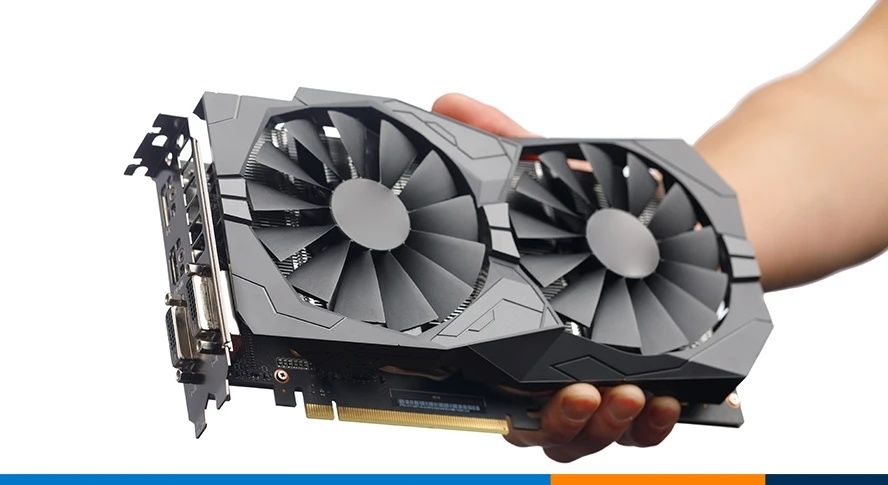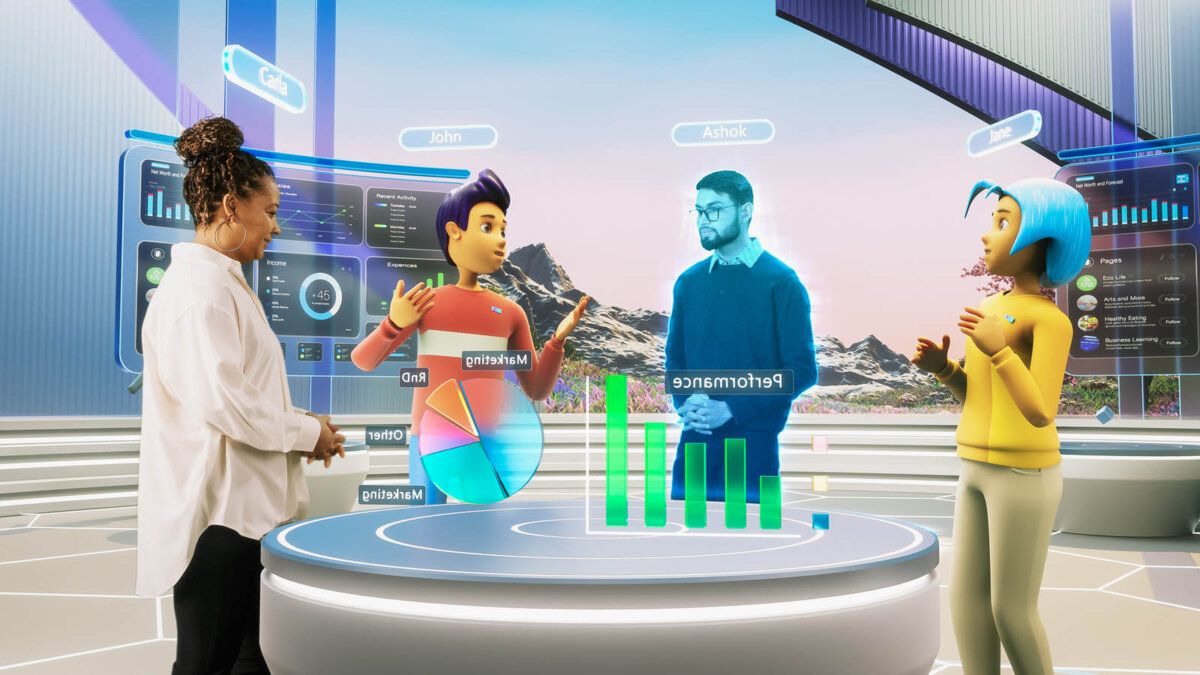Revolutionizing Medical Care: A Guide to AI-Powered Diagnostics with Tips and Advice
Discover how smart diagnostics and AI are transforming medical care by improving accuracy, speeding up diagnoses, and personalizing treatment for better health outcomes.
The healthcare industry is undergoing a significant transformation, driven by advancements in technology. Among these advancements, smart diagnostics and artificial intelligence (AI) stand out as game-changers. These technologies are revolutionizing medical care, enhancing the accuracy of diagnoses, and improving patient outcomes. In this article, we will explore how smart diagnostics and AI are reshaping the landscape of healthcare, the benefits they offer, and the challenges they present.
The Evolution of Medical Diagnostics
Traditionally, medical diagnostics relied heavily on the experience and intuition of healthcare professionals. While this approach has its merits, it is often limited by human error and subjective interpretation. Over the years, medical diagnostics has evolved with the introduction of various tools and technologies, ranging from imaging techniques to laboratory tests. However, the recent integration of smart diagnostics and AI has taken this evolution to a new level.
What are Smart Diagnostics?
Smart diagnostics refer to the use of advanced technologies, including AI algorithms, machine learning, and data analytics, to enhance the diagnostic process. These systems can analyze vast amounts of data, recognize patterns, and provide real-time insights that support healthcare professionals in making informed decisions. Smart diagnostics can be applied to various medical fields, including radiology, pathology, and genomics, among others.
The Role of Artificial Intelligence in Healthcare
Artificial intelligence encompasses a range of technologies that enable machines to perform tasks that typically require human intelligence. In healthcare, AI can analyze medical images, interpret laboratory results, and even assist in clinical decision-making. By leveraging machine learning and deep learning, AI systems can continuously improve their performance based on new data, making them increasingly effective over time.
Enhancing Diagnostic Accuracy
One of the primary advantages of smart diagnostics and AI is their ability to enhance diagnostic accuracy. Traditional diagnostic methods can be prone to errors, leading to misdiagnoses and delayed treatments. AI-powered diagnostic tools can analyze medical images, such as X-rays and MRIs, with remarkable precision. For instance, studies have shown that AI algorithms can match or even surpass human radiologists in detecting conditions like pneumonia and breast cancer.
Case Studies of AI in Medical Diagnostics
Several case studies illustrate the impact of AI on medical diagnostics. For example, researchers at Stanford University developed an AI algorithm that can detect skin cancer by analyzing images of moles. The algorithm demonstrated an accuracy rate comparable to that of dermatologists, showcasing the potential for AI to assist in early cancer detection.
Another notable example is the use of AI in ophthalmology. An AI system developed by Google Health can analyze retinal images to detect diabetic retinopathy, a leading cause of blindness. In clinical trials, the AI system achieved a sensitivity rate of over 90 percent, significantly improving the chances of early intervention for patients.
Streamlining the Diagnostic Process
In addition to enhancing accuracy, smart diagnostics and AI also streamline the diagnostic process. Traditional diagnostics often involve multiple steps, including patient history assessments, physical examinations, and various tests. Each of these steps can be time-consuming and may lead to delays in treatment.
AI-powered diagnostic tools can expedite the process by quickly analyzing data and providing recommendations. For instance, AI algorithms can process laboratory test results and flag abnormal findings for further investigation. This not only saves time for healthcare professionals but also ensures that patients receive timely care.
Personalized Medicine and AI
The integration of smart diagnostics and AI also paves the way for personalized medicine. Personalized medicine involves tailoring medical treatments to the individual characteristics of each patient. This approach is particularly valuable in fields like oncology, where genetic profiling can inform treatment decisions.
AI algorithms can analyze genomic data to identify specific mutations associated with certain cancers. By understanding a patient’s genetic makeup, healthcare providers can recommend targeted therapies that are more likely to be effective. This shift towards personalized treatment plans is made possible by the insights generated through smart diagnostics and AI.
Improving Patient Engagement
Smart diagnostics and AI not only enhance the diagnostic process but also improve patient engagement. In an era where patients are increasingly empowered to take charge of their health, these technologies can provide valuable information and support.
For example, AI-powered chatbots can assist patients in understanding their symptoms, managing appointments, and accessing educational resources. By providing personalized information, these tools help patients become more informed participants in their healthcare journey.
Challenges and Ethical Considerations
While the benefits of smart diagnostics and AI are substantial, there are also challenges and ethical considerations that must be addressed. One of the primary concerns is data privacy. The use of AI in healthcare relies heavily on access to patient data, raising questions about consent and the security of sensitive information.
Additionally, there is the risk of algorithmic bias. If AI systems are trained on biased datasets, they may produce skewed results that can adversely affect certain patient populations. It is crucial for developers and healthcare organizations to ensure that AI algorithms are trained on diverse datasets to mitigate this risk.
The Future of Smart Diagnostics and AI in Healthcare
The future of smart diagnostics and AI in healthcare is promising. As technology continues to advance, we can expect even more sophisticated diagnostic tools that integrate seamlessly into clinical workflows. The potential for AI to assist in early detection, improve treatment outcomes, and enhance patient engagement is enormous.
Moreover, collaborations between technology companies and healthcare providers will play a crucial role in driving innovation. By working together, stakeholders can develop AI solutions that are not only effective but also ethically sound and aligned with the needs of patients and providers alike.
Conclusion
The integration of smart diagnostics and AI into healthcare is revolutionizing medical care. By enhancing diagnostic accuracy, streamlining processes, and enabling personalized medicine, these technologies are improving patient outcomes and transforming the way healthcare is delivered. While challenges remain, the potential for positive change is immense. As we move forward, it is essential to prioritize ethical considerations and ensure that these advancements benefit all patients. The future of healthcare is bright, and smart diagnostics and AI will undoubtedly play a pivotal role in shaping it.




